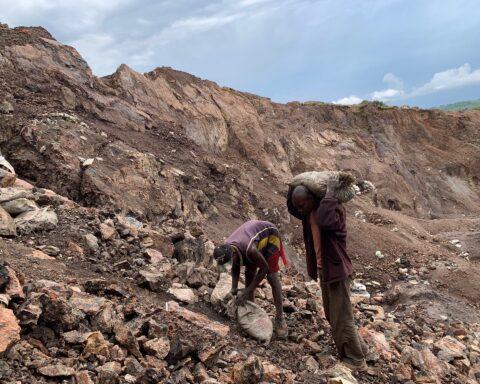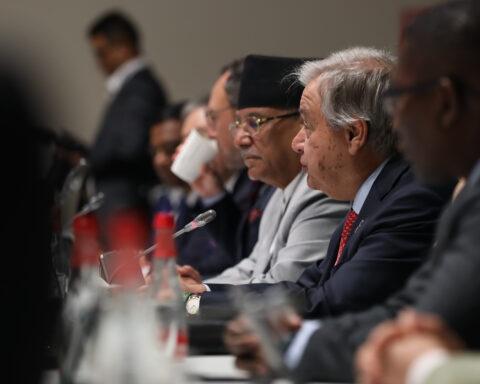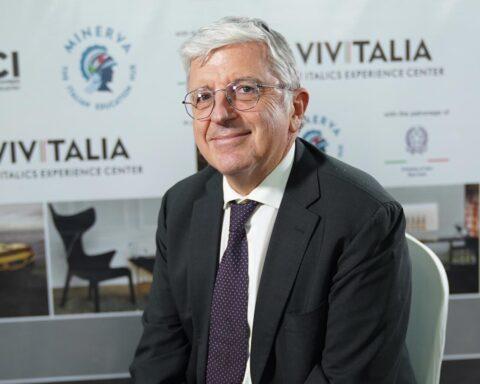Today, the world is on the verge of a massive energy crisis, UN experts warn. For the past two years, the energy market has been extremely volatile: during the pandemic, demand fell sharply, and with it, supply; later, when demand arose again, it turned out that it exceeded supply. The war in Ukraine has led to further disruptions to the market, given that the Russian Federation is one of the largest exporters of gas and the second largest exporter of oil.
“Many developing countries are drowning in debt with no access to finance while trying to rebuild their economies from the COVID-19 pandemic,” UN Secretary-General António Guterres warned as he presented the report at a briefing in New York.
Since the Group’s second report, published in June, commodity prices have recovered somewhat. This was stated at a press conference by UNCTAD Secretary-General Rebeca Grynspan. The price of oil has dropped from $120 a barrel to $93, she said, while wheat prices have dropped 50 percent from their peak. And only gas continues to rise in price. “Many factors contributed to the fall in prices,” Greenspan said. “First of all, I would like to note the Black Sea Grain Initiative, which made it possible to reduce prices by six percent on the day of its signing.”
The Panel’s third report provides specific recommendations that can help alleviate the effects of the crisis on those hardest hit. The proposals are divided into three groups: short-term, medium-term and long-term, that is, the UN proposes to combine emergency measures with a long-term strategy. At the same time, strategic decisions, as members of the Group insist, must comply with the requirements of the Sustainable Development Goals and the Paris Agreement on climate change.
Thus, high oil prices open up an opportunity to switch to renewable energy sources. The UN proposes to act with an eye to the future instead of, for example, increasing subsidies for the oil and coal industries.
The UN Secretary-General focused on four measures outlined in the report. In particular, he urged energy companies not to profit from the crisis. “ The largest energy companies earned almost $100 billion in the first quarter of this year alone,” António Guterres said. “I urge governments to tax this income and use the proceeds to support the most vulnerable segments of the population.”
He also proposed reducing energy consumption, accelerating the transition to renewable sources and increasing funding for green technologies.
In the short term, the UN proposes, first of all, to reduce consumption, especially for rich countries. This means reducing the need for space heating and cooling, for example by improving the insulation of buildings.
A significant burden is a transport, which accounts for almost 60 per cent of all energy needs. And here there are methods that allow you to reduce consumption relatively painlessly. For example, reducing the speed limit by ten kilometers per hour saves up to 140,000 barrels of oil daily.
Other measures include cheaper public transport, pedestrian zones in major cities on Sundays, working from home at least three times a week, electric cars, reducing business travel where possible, and using rail instead of air travel.
In addition, governments are encouraged to support the most vulnerable segments of the population, including providing them with financial and social assistance.
In the medium term, experts insist on the need to accelerate the transition to renewable energy sources in order to achieve zero emissions, as well as expand access to energy. In particular, it is proposed to take advantage of the current crisis in order to increase the production of “green” technologies in developing countries, including using local raw materials.
In addition, in this section, the Group’s experts express concern that, for example, the installation of solar panels requires a special license in some countries, which takes a long time to obtain. They propose to relax licensing requirements for the implementation of such projects.
In the long term, it is necessary to invest in the implementation of the Sustainable Development Goals and measures to combat climate change. “Governments must carefully consider policies that will increase energy access and energy security in the short term, while taking into account the long-term consequences of such actions,” the report says.
“Developed countries have many reasons to invest in renewable energy,” António Guterres said. “Many of them are experiencing the effects of the climate crisis, including storms, wildfires, floods and droughts.”





























